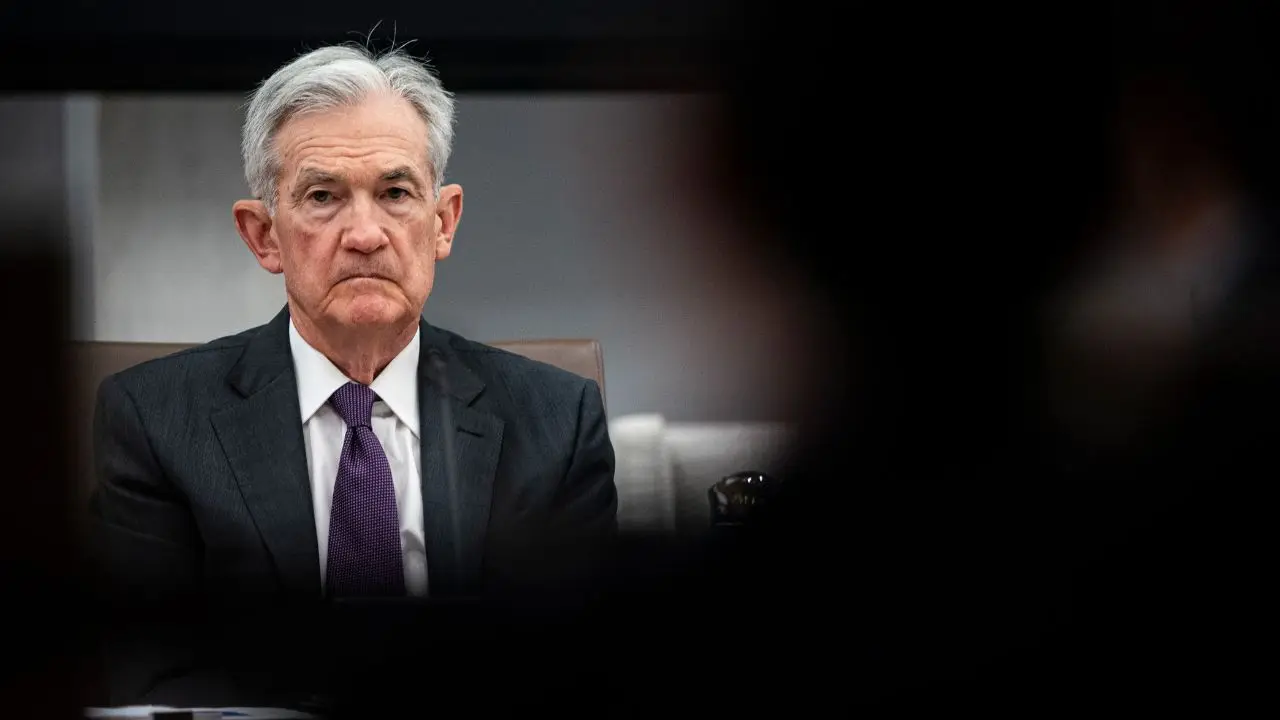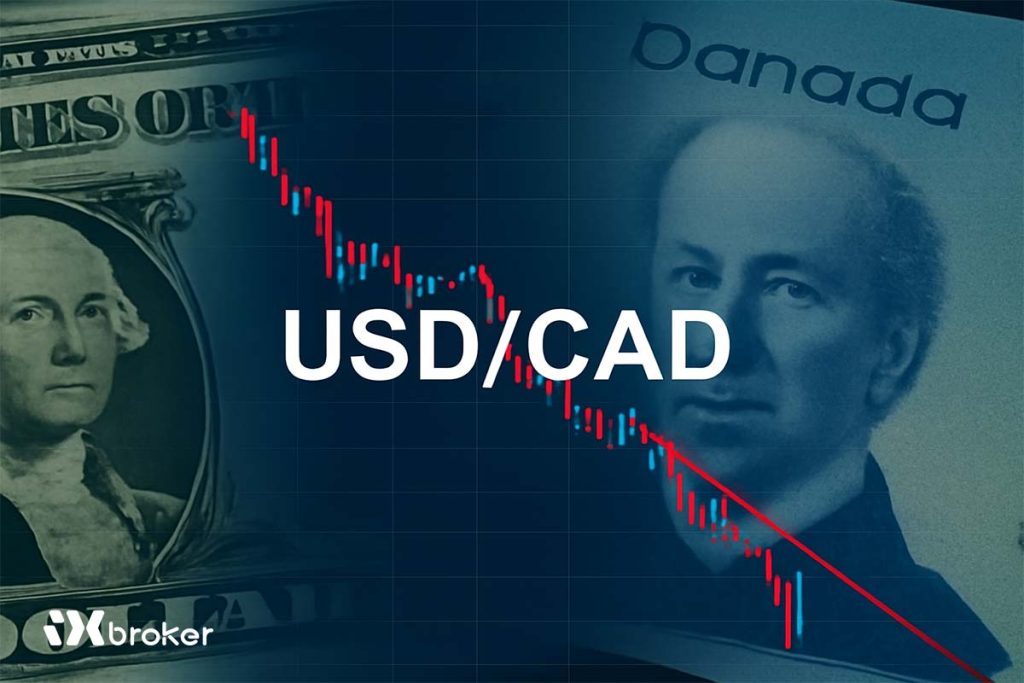The Federal Reserve faces a new and potentially disruptive legal battle as a high-profile lawsuit seeks to force complete transparency in its policy-making process—a move that could fundamentally reshape monetary policy communication and market dynamics. On Thursday, Azoria Capital, a money management firm led by CEO James Fishback, filed suit in a Washington, D.C. federal court against Fed Chair Jerome Powell and the Federal Open Market Committee (FOMC), alleging the central bank is violating federal law by conducting rate-setting meetings behind closed doors.
The Heart of the Case: Transparency vs. Stability
At the heart of this legal challenge is the claim that the Fed has been sidestepping the Government in the Sunshine Act of 1976, which generally mandates that federal agencies conduct their meetings openly, barring several exceptions. Azoria’s lawsuit directly challenges the FOMC’s decades-long tradition of holding private meetings whenever monetary policy is being set, arguing that this practice is no longer justified, and that transparency is essential for both market participants and the American public.
According to Azoria, the lack of real-time access to FOMC discussions prevents firms and investors from adequately preparing for or hedging against policy changes that can rapidly trigger high volatility in financial markets. The lawsuit demands that the court issue a temporary restraining order compelling the FOMC to open its highly anticipated July 29-30 meeting to the public—the very forum where the next interest rate decision will take place.
Fishback’s legal argument is not merely academic. He and his team argue that, by locking out the public, the FOMC hampers accountability and denies market participants the chance to respond to monetary shifts as they unfold. Azoria goes further, alleging that political motives may, in fact, be driving the Fed’s decision to keep rates elevated, in turn stymying President Trump’s economic agenda.
Political Backdrop and Institutional Pressure
This lawsuit lands as the Fed is already under intense political pressure from the current administration. President Trump has repeatedly criticized the Fed’s cautious approach to interest rates, and his recent, highly publicized visit to the central bank’s $2.5 billion National Mall renovation further underscores the unusual scrutiny the institution now faces. Trump—along with several members of his administration—have lambasted the expensive refurbishment as an example of fiscal irresponsibility, feeding into a broader narrative of accountability and transparency.
James Fishback, CEO of Azoria, is no stranger to political circles. His past involvement as a government adviser and the recent launch of the anti-DEI SPXM ETF from Trump’s Mar-a-Lago Club highlight his close ties to the administration—and shape the reading of this lawsuit as more than just a simple legal challenge.
Azoria’s Accusations: Political Agendas at the Fed?
In its lawsuit, Azoria makes the serious claim that the FOMC may be motivated by political rather than economic groundings, maintaining high interest rates to undercut Trump’s pro-growth agenda and possibly affect the upcoming election climate. While such accusations are far from proven, they add another layer to the public debate over the Fed’s independence and the inherent risks of political influence in monetary policy.
According to the FOMC, no rate changes are expected at the forthcoming meeting, though some governors have hinted at potential support for a rate cut. Market expectations currently lean toward stability, but Azoria’s public challenge is likely to amplify uncertainty—and volatility must always be considered an emerging risk.
Legal and Historical Context
The legal basis for Azoria’s suit comes from the Government in the Sunshine Act, legislation born from the post-Watergate drive for greater transparency. While the Act calls for most federal agency meetings to be public, it also grants exceptions, including those meant to prevent information from being used for financial speculation. The Fed has invoked this exception for decades, keeping all monetary policy meetings private since 1977.
Azoria contends, however, that not all deliberations justify secrecy, and that the Fed has flouted the Act’s requirement to formally vote on, and publicly explain, any exception within a day. This, they argue, undermines not only market stability but the spirit of American democracy.
iXDeep: Market Implications for Forex and Crypto
This legal confrontation injects a fresh dose of unpredictability into global markets—particularly in forex and cryptocurrencies. If the court forces the FOMC into public deliberations, we could see:
• Increased Volatility: Real-time market reactions to policy debate, rather than awaiting crafted post-meeting statements, could spark wild swings in the USD and major currency pairs.
• Shifts in Risk Behavior: Traders might move away from traditional safe-haven strategies, as “front-running” policy expectations becomes more feasible and transparency risk replaces central bank surprise risk.
• Crypto Surge: Given the demand for transparency, digital assets like Bitcoin and Ethereum—seen as alternatives to “opaque” institutions—could see revived speculative inflows in the wake of Fed scrutiny and legal uncertainty.
For investors, the key will be agility—adapting to an environment where central banking may become a public spectacle, echoing through every corner of the financial landscape.



